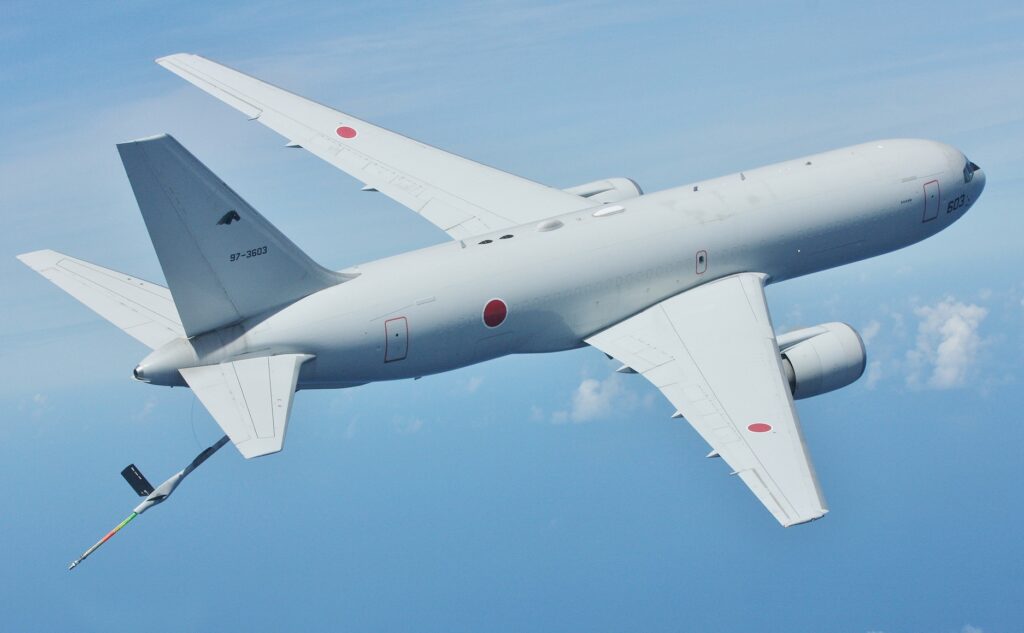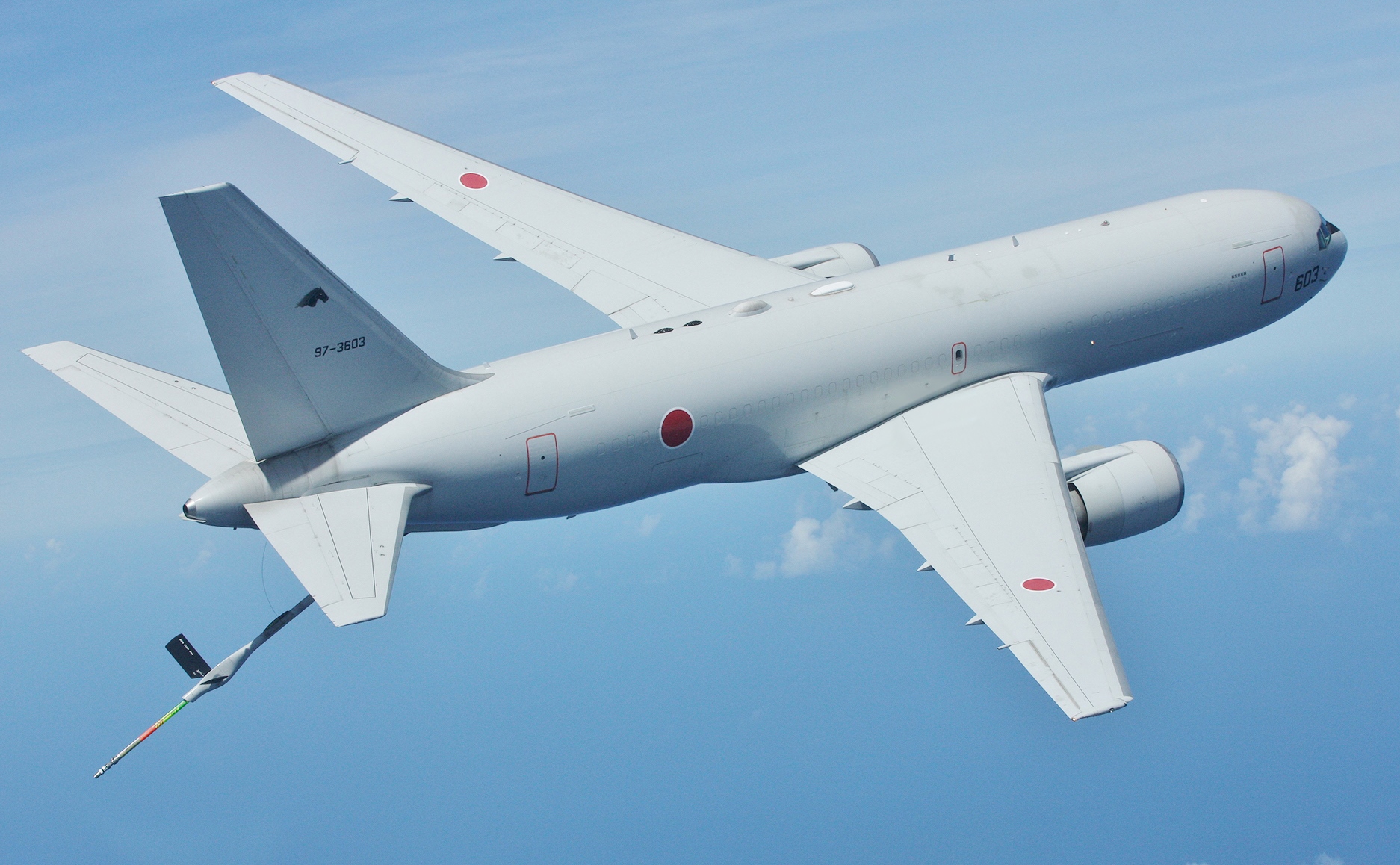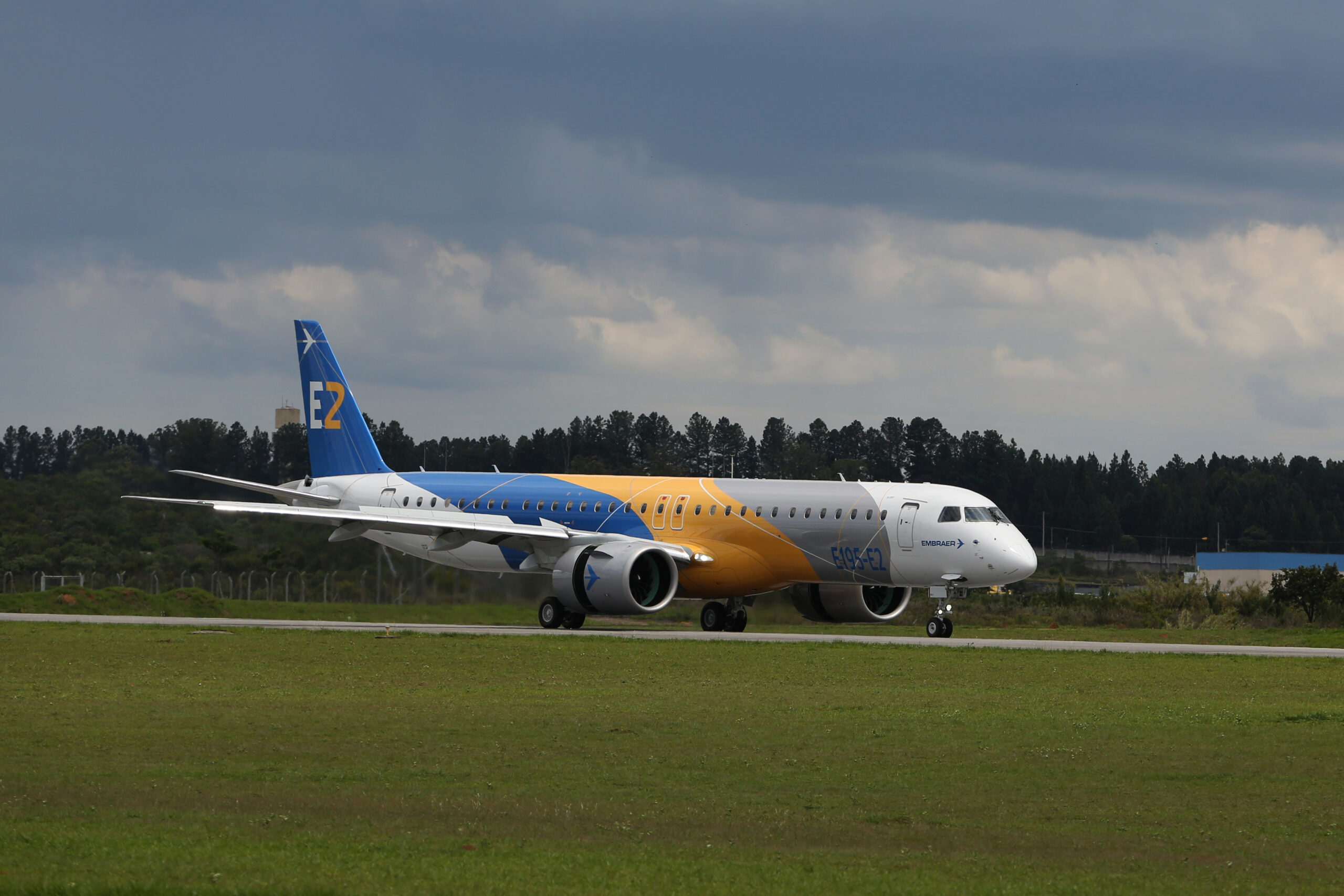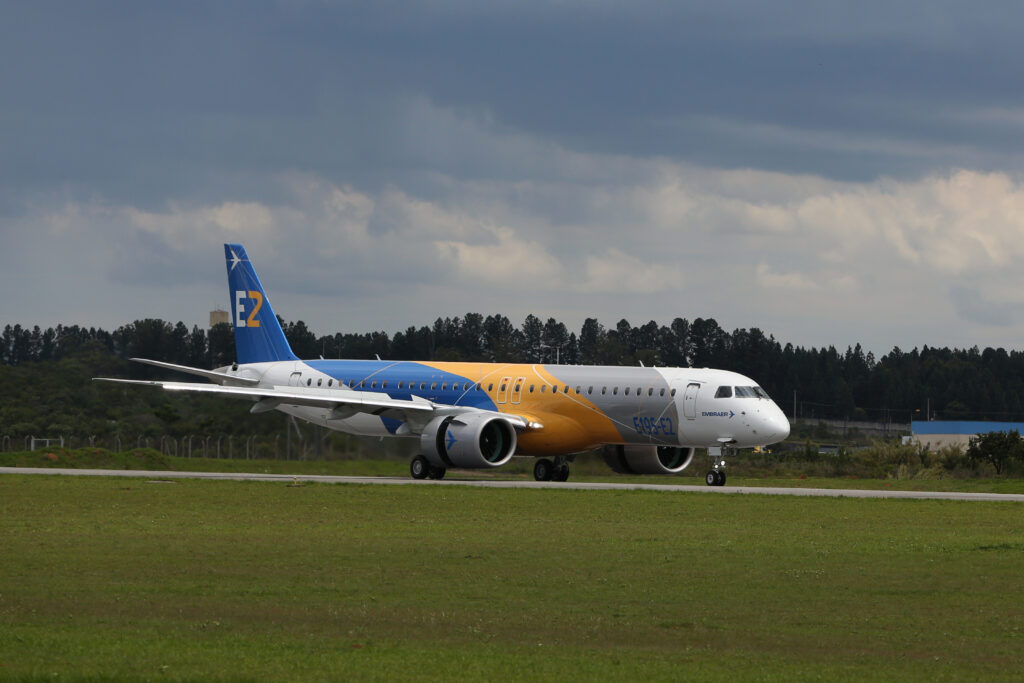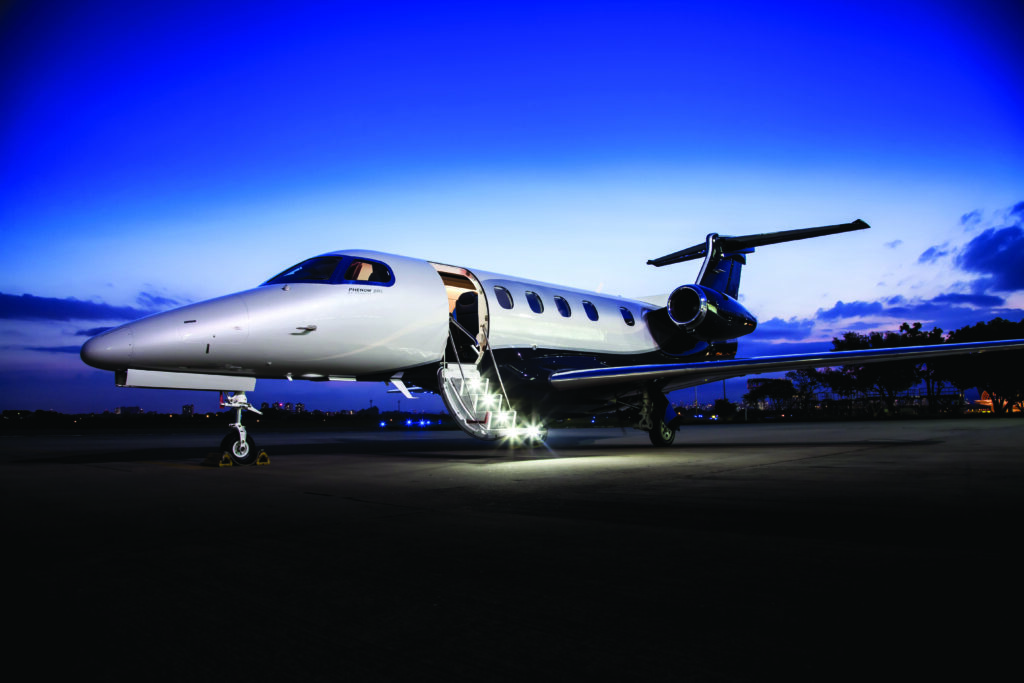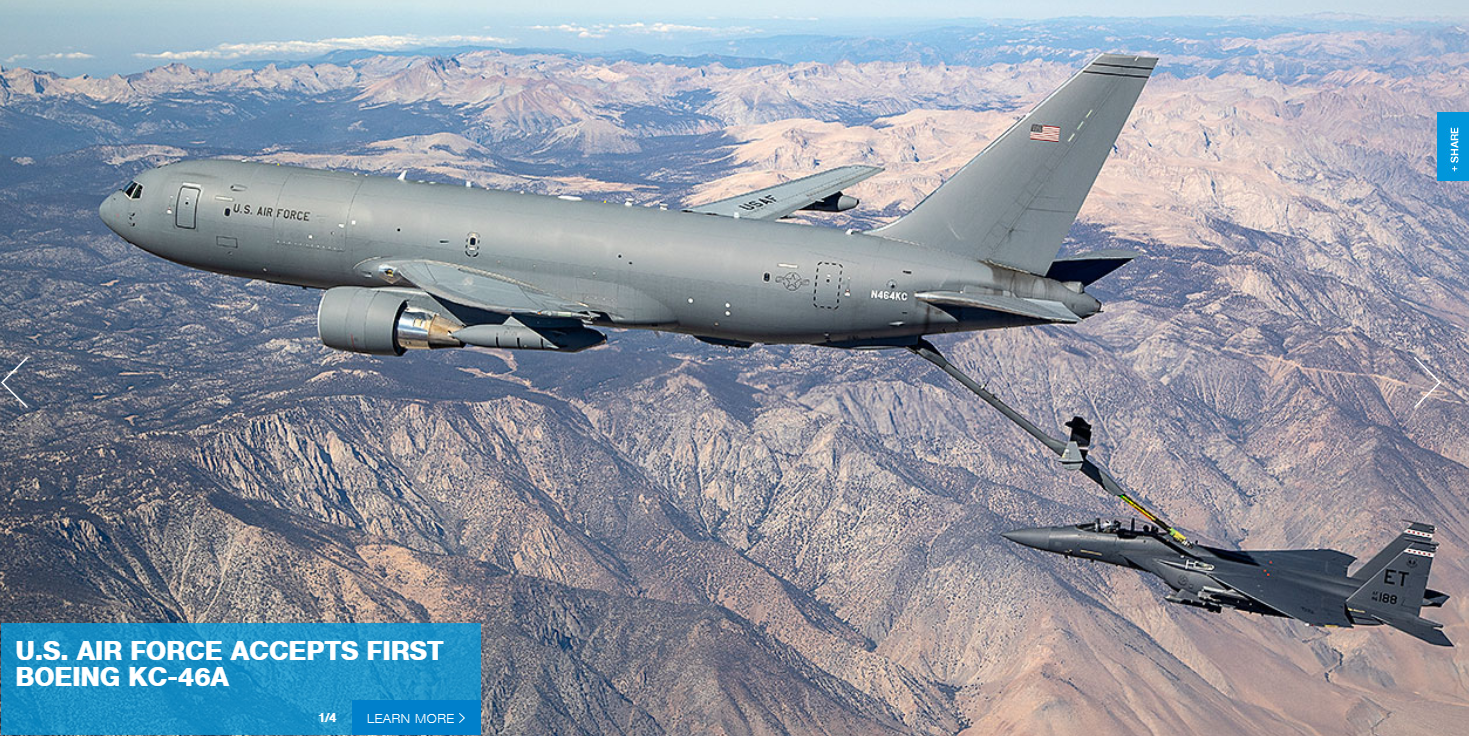(Reuters) – Boeing (BA.N) topped analysts’ forecasts for quarterly profit on Wednesday despite a series of charges on U.S. military programs and raised its forecasts for annual profit as it continued to benefit from a boom in global air travel and airplanes.
Shares of the world’s biggest planemaker were up 4.5 percent in premarket trading, helping brighten the mood on Wall Street after a handful of shaky results on Tuesday from U.S. manufacturers hurt by concerns over global trade.
Soaring demand from commercial airlines has driven another surge in revenues for Boeing over the past year, pushing shares in the company up by roughly a third over the past 12 months.
Those moves have been dented somewhat by a combination of the trade worries, this year’s greater market volatility and a series of recurring charges for its delay-plagued KC-46 tanker program.
Boeing recorded another $176 million in charges in the quarter on the aerial refueling tanker, bringing the total cost of the program to more than $3 billion.
It also took a charge of $691 million related to the MQ25 refueling drone and T-X training jet contracts it won in August and September, offset in part by a $412 million tax benefit.
Despite the charges, Chief Executive Officer Dennis Muilenburg played up the new T-X and MQ25 business and completion of a static test model of its forthcoming 777X widebody, with two test flight jetliners in production.
“This strong underlying performance, along with growth across our businesses we’ve seen throughout the year, give us confidence to raise our 2018 revenue and earnings guidance and reaffirm our operating cash flow guidance.”
Boeing raised its full-year profit forecast to $14.90-$15.10 from a previous $14.30-$14.50 per share, and revenue to a range of $98 billion to $100 billion, up from $97 billion to $99 billion.
The Chicago-based firm’s core earnings, which exclude some pension and other costs, came in 11 cents above analysts’ average forecast at $3.58 per share in the quarter ended Sept. 30.
Boeing has delivered 568 aircraft in the first nine months of 2018 despite production snarls on its best-selling 737 narrowbody, up from 554 at the end of September a year ago, putting it on track to deliver another record year of plane sales.
That keeps the manufacturer, which aims to deliver between 810-815 planes in 2018, in front of its European rival Airbus SE (AIR.PA), which delivered 503 aircraft through September this year. Airbus shares gained 2.7 percent.
(Reporting by Ankit Ajmera in Bengaluru; editing by Patrick Graham and Nick Zieminski)
Boeing Delivers First 787-9 Dreamliner to Juneyao Airlines
In other recent Boeing news, the company delivered the first 787-9 Dreamliner for Shanghai-based Juneyao Airlines. The new, super-efficient Dreamliner will also be the first widebody commercial jet operated by a privately-held Chinese airline.
“This delivery is our airline’s biggest milestone and marks a big step toward expanding our network in China and beyond,” said Wang Junjin, Chairman, Juneyao Airlines. “As the market-leading widebody model, the 787-9 Dreamliner will play a key role in our global business growth.”
Juneyao Airlines, previously an all-Airbus operator, mainly offers flights from Shanghai to more than 50 cities across China. In introducing the long-range 787 Dreamliner, the carrier is looking to expand its international network and increase flights to Southeast Asia, Japan and Korea.
The 787-9 is part of a family of three airplanes that offer long ranges and unmatched fuel efficiency in the 200 to 350 seat market. The 787-9 can carry 290 passengers and fly up to 7,635 nautical miles (14,140 km), while reducing fuel use and emissions by 20 to 25 percent compared to older airplanes. Passengers will appreciate a more comfortable flight thanks to the Dreamliner’s large windows, lower cabin altitude, smooth-ride technology, and other amenities.
“We are delighted to welcome Juneyao to the growing 787 Dreamliner family. We are confident that the Dreamliner’s fuel efficiency, range and passenger-pleasing features will power the next stage of Juneyao Airlines’ expansion,” said Ihssane Mounir, senior vice president of Commercial Sales & Marketing at The Boeing Company. “This delivery marks the first of 10 787-9 Dreamliners for Juneyao and their emergence as an international carrier.”
To ensure a smooth introduction of the Dreamliner, Juneyao Airlines will use Boeing Global Services’ pilot training. The airline will also employ electronic flight bag in the flight deck to improve operational efficiency. On other aircraft, Juneyao uses Boeing’s tailored charting services and flight planning solutions.

